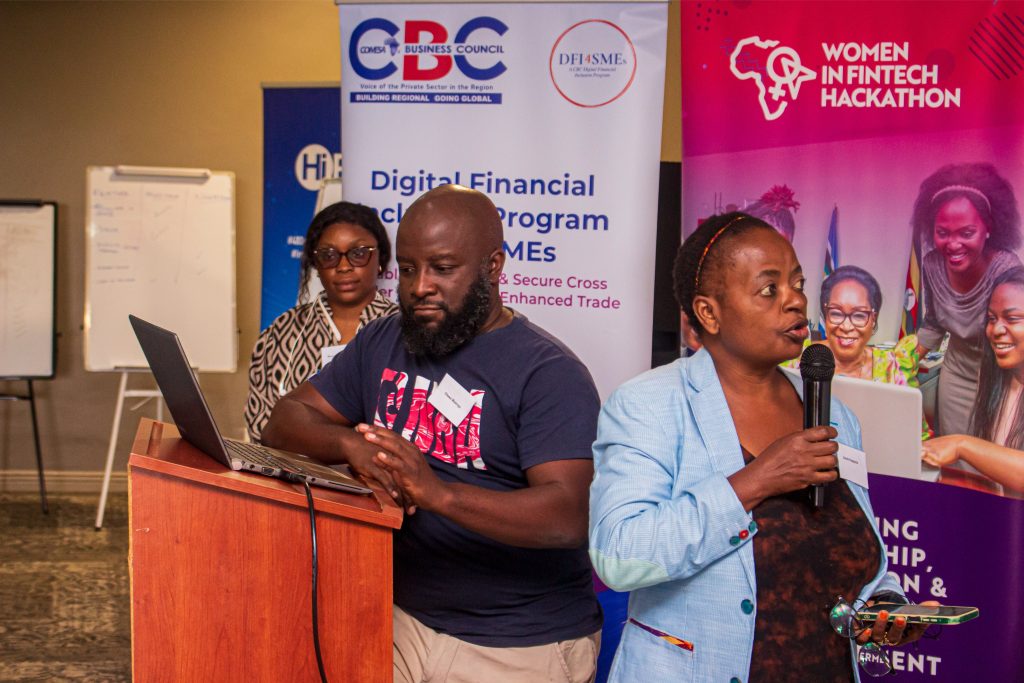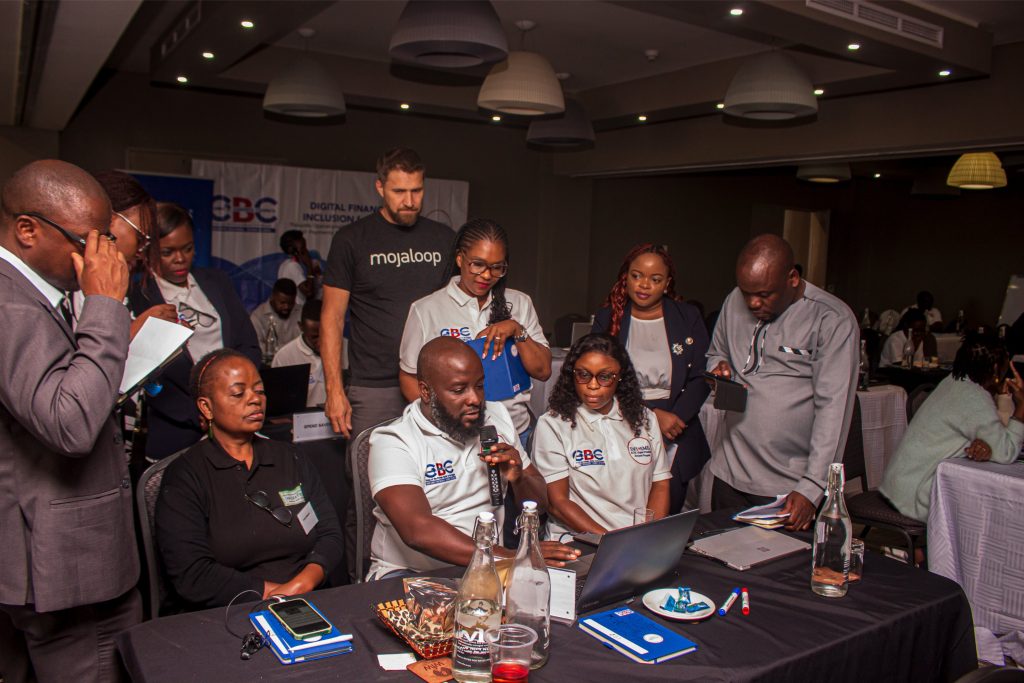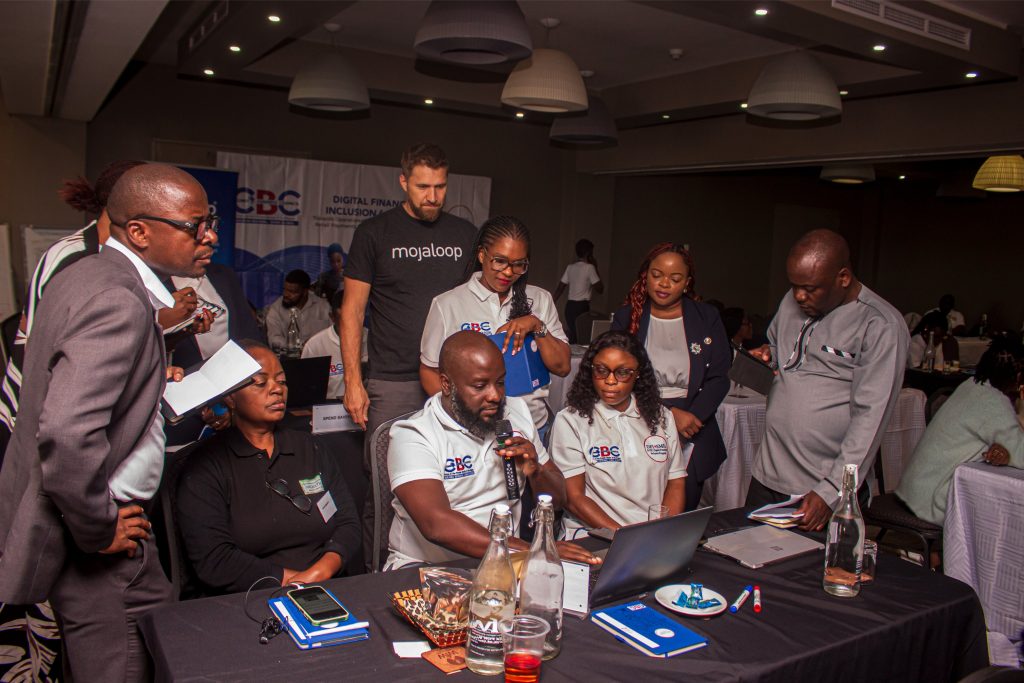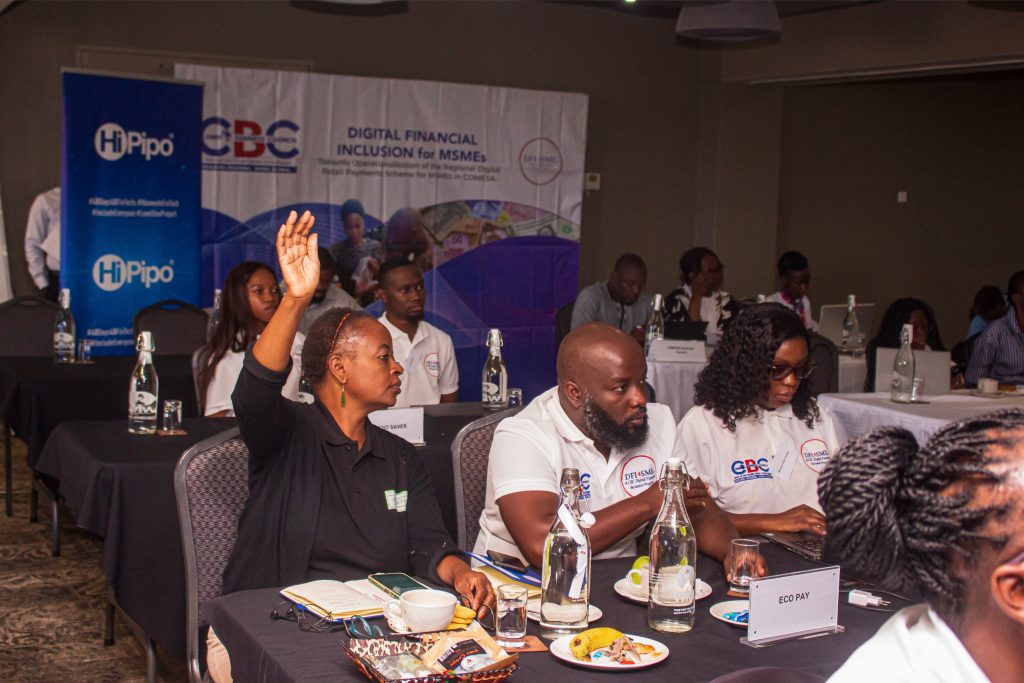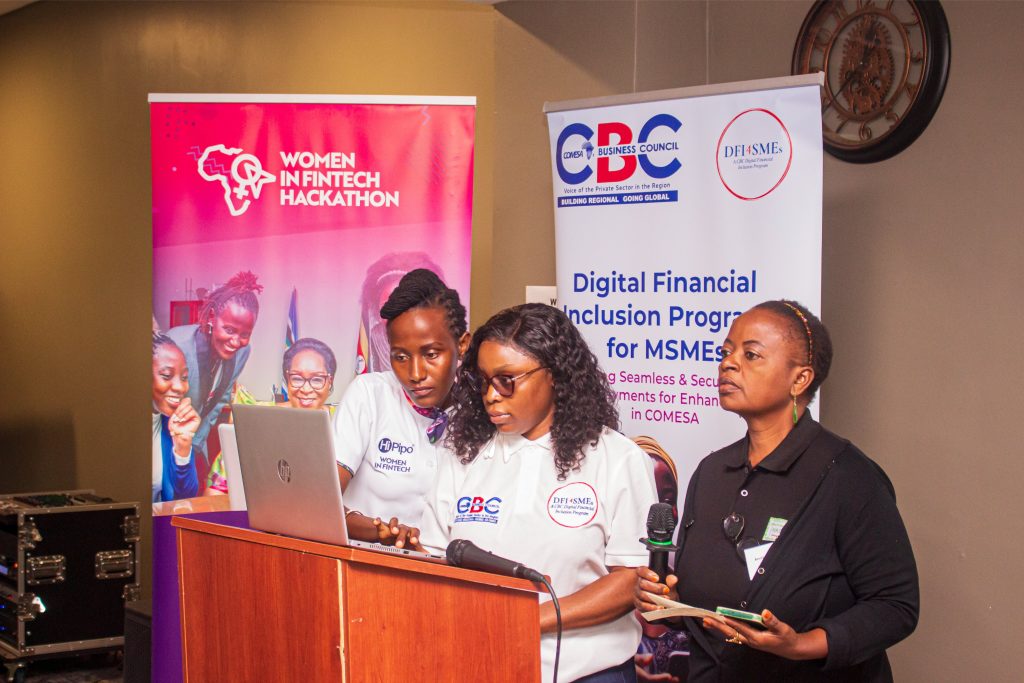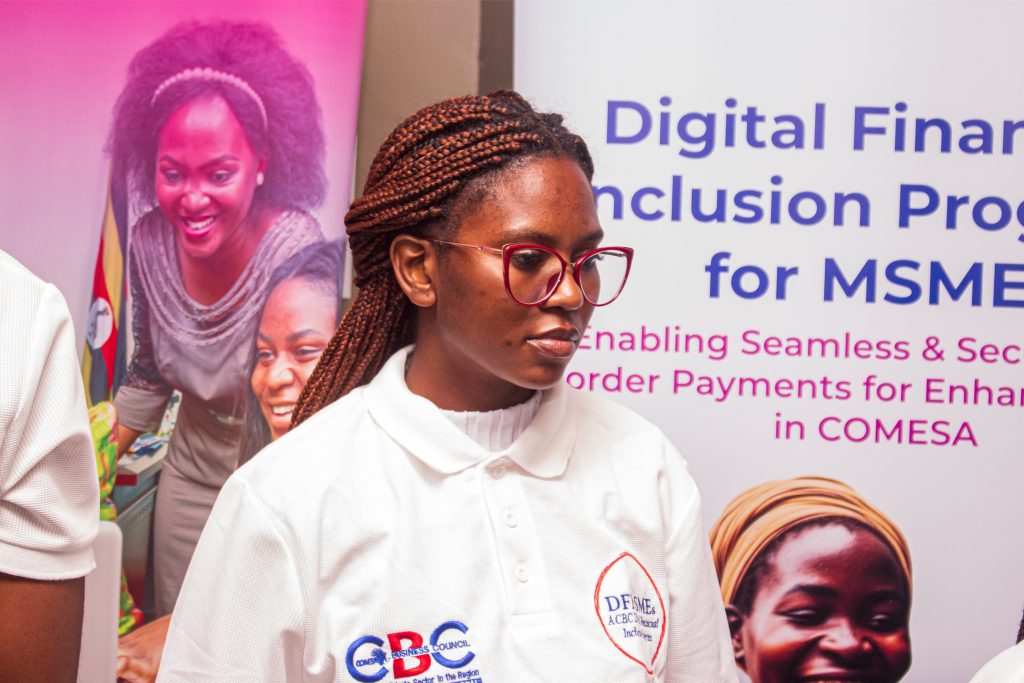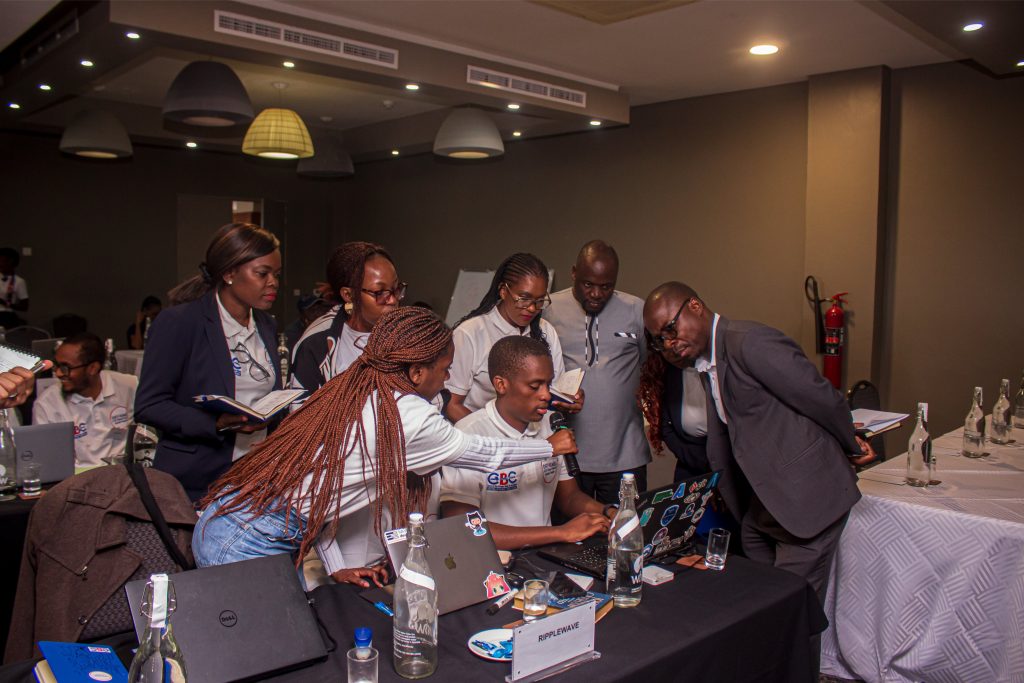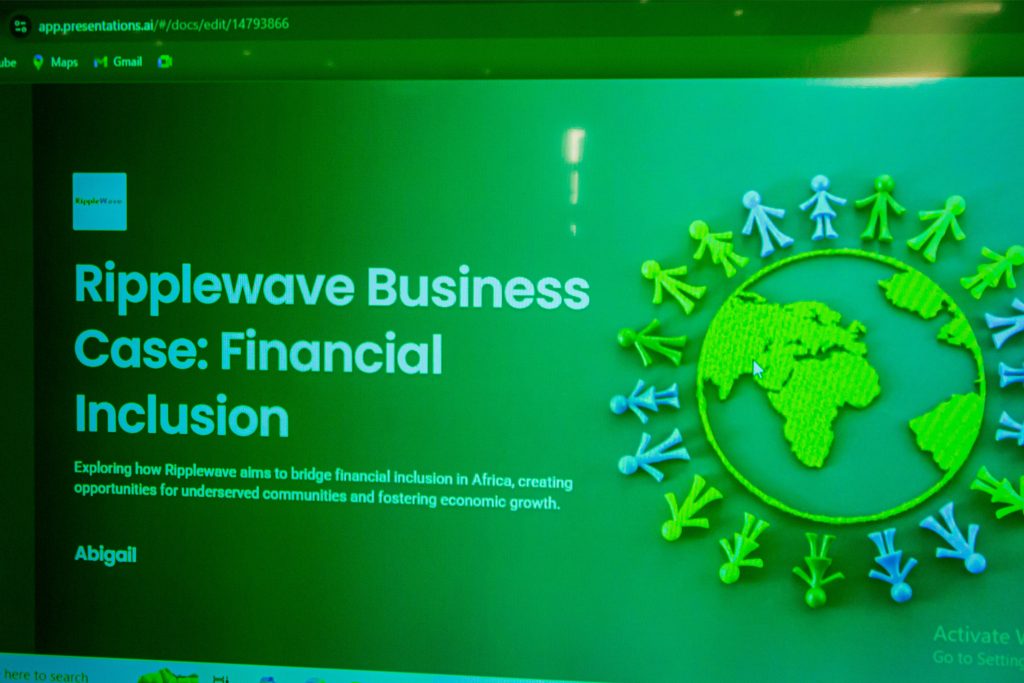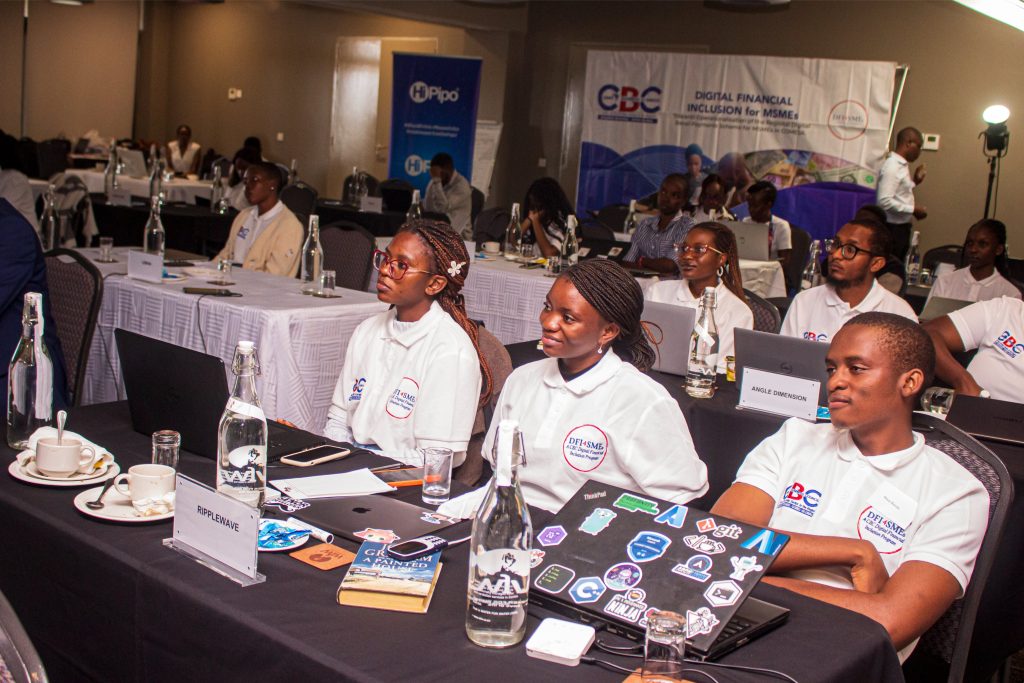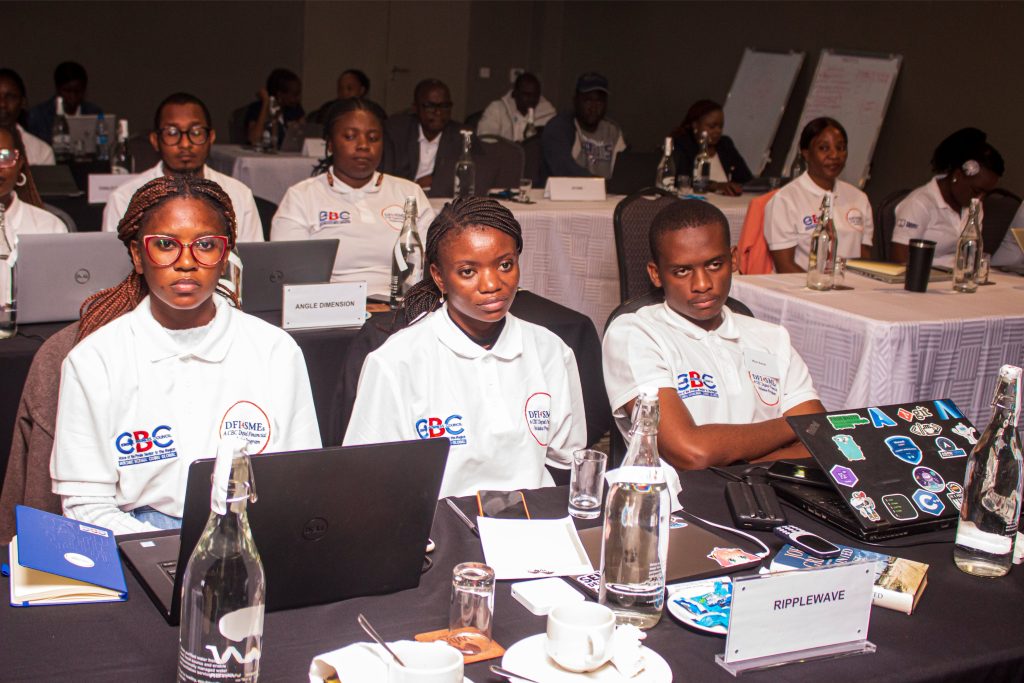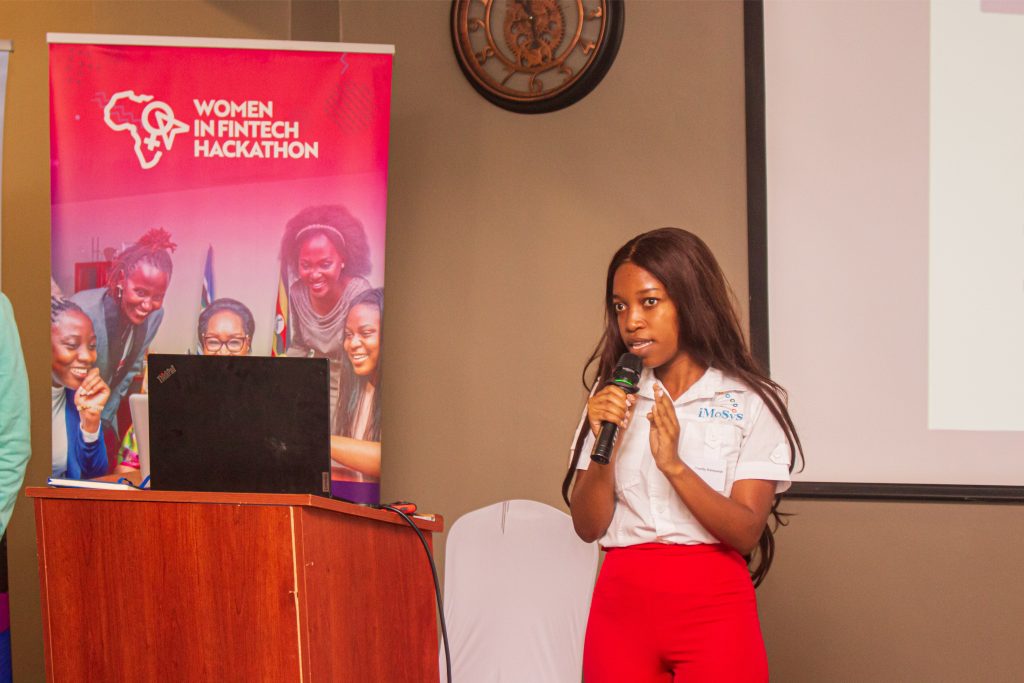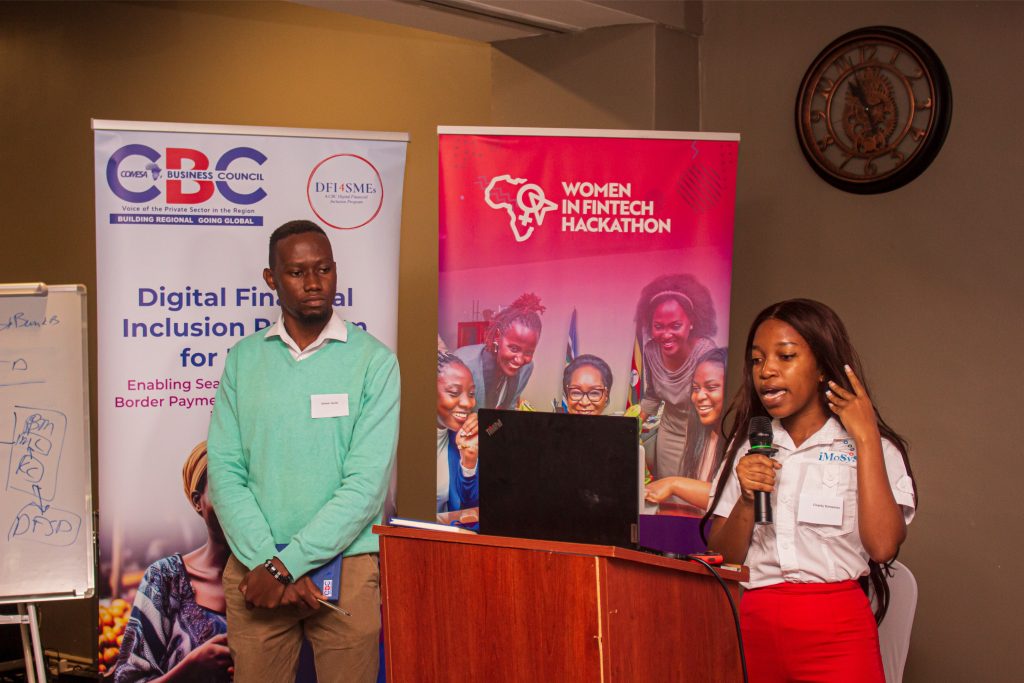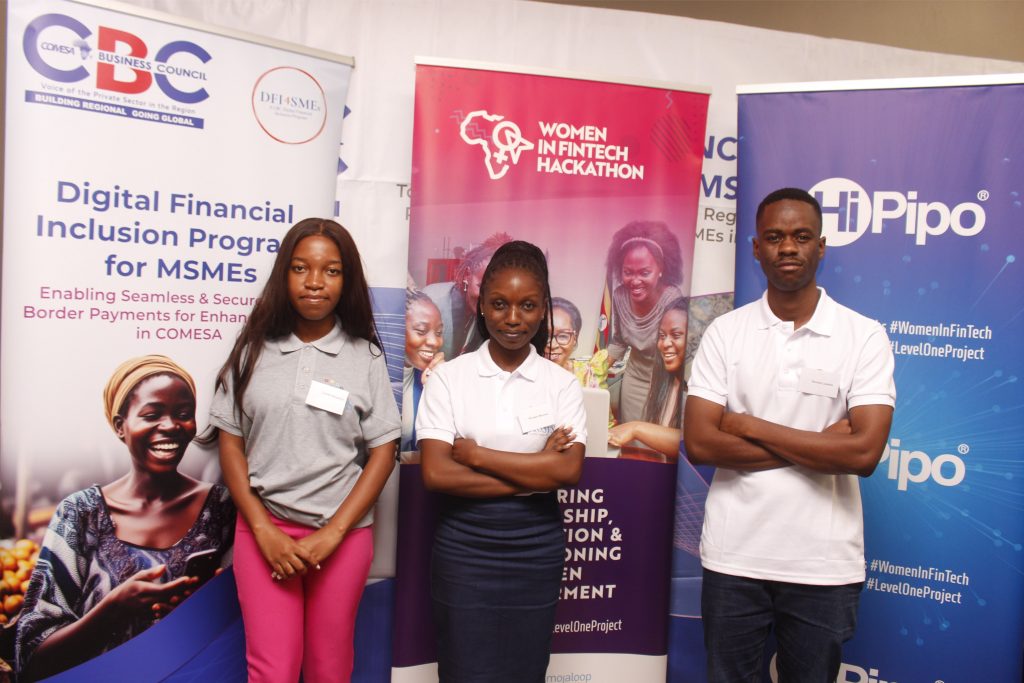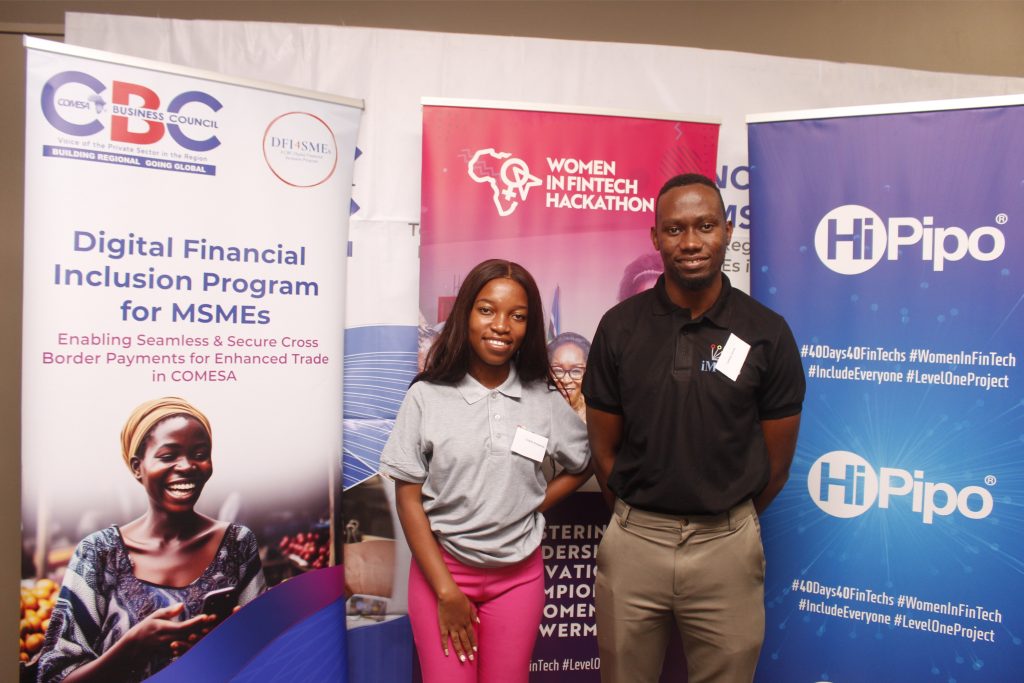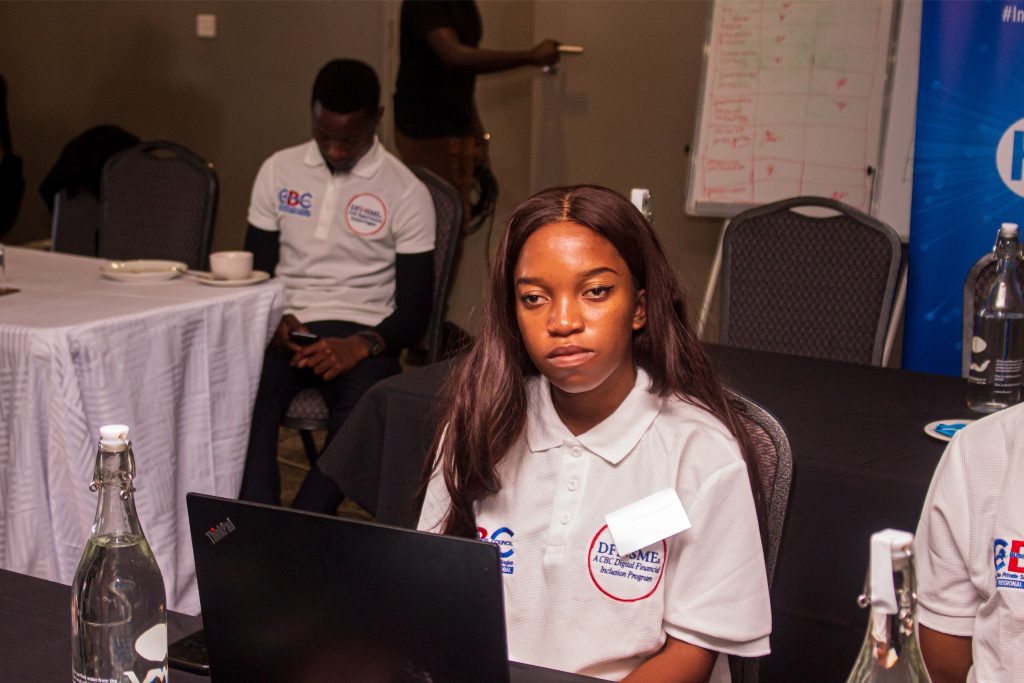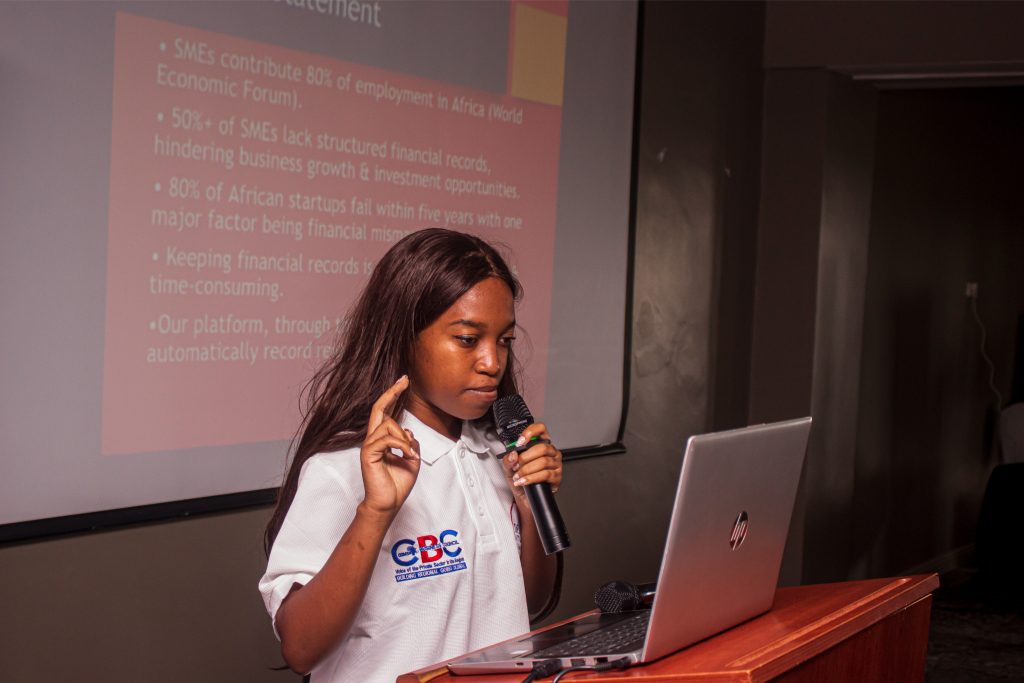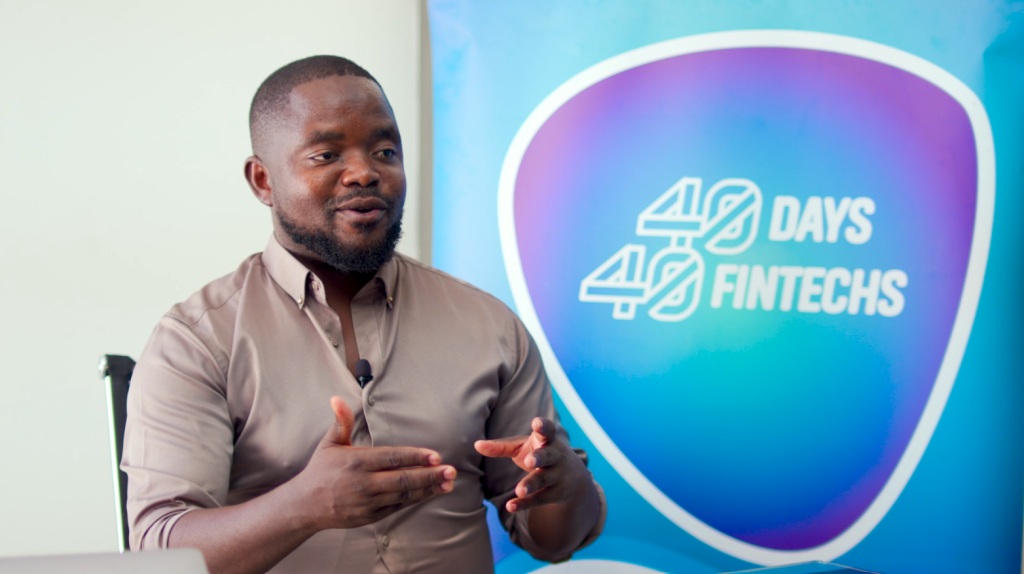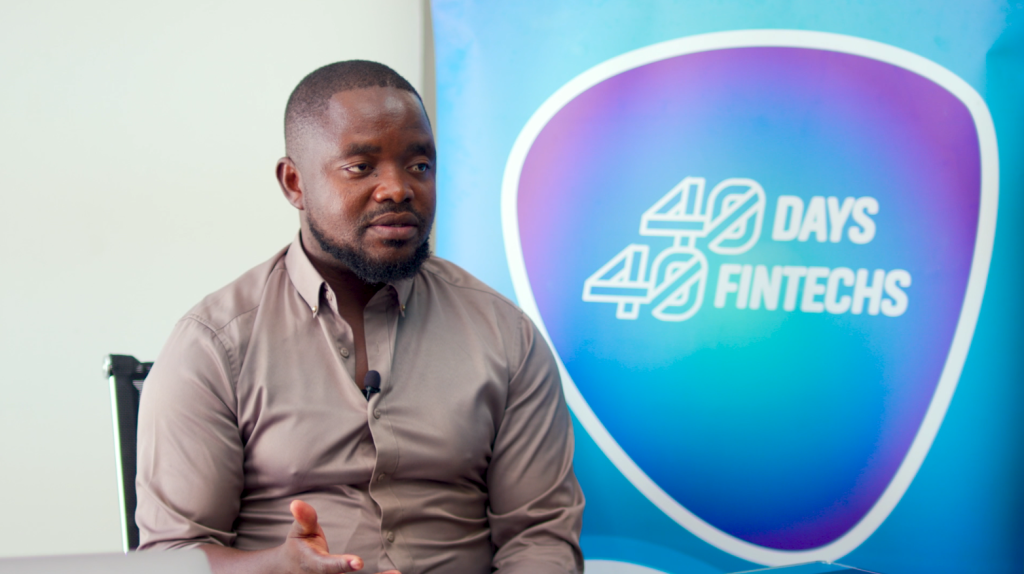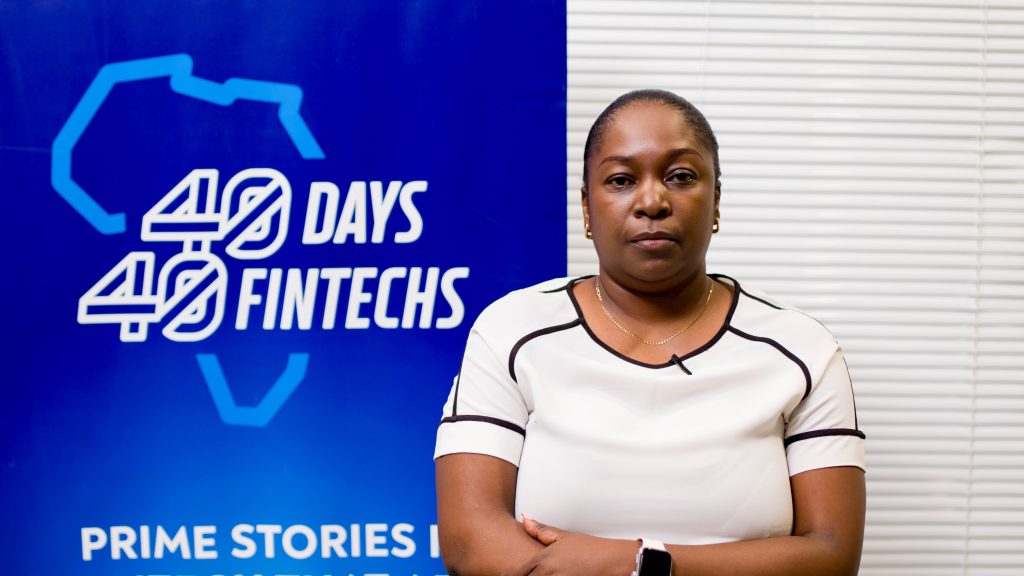In Malawi, more than half of cross-border traders lack access to trade information and financial literacy, leading to reduced participation in trade. In addition, Malawi will soon require all cash registers to send sales receipts instantly to tax authorities. According to observers, this development has the potential to reduce the numbers of existing supplies to those willing to integrate, thereby affecting business operations for different traders.
It is against this background that a team of innovators have developed a digital platform to assist traders to improve their financial viability.
We have developed a platform called Empower Tech. The information available on this platform includes market opportunities in both Zambia and Malawi, trade agreements between the two countries, business registration, export requirements, information on COMESA’s simplified trade regime, etc,” said Mary Malunga, a co-founder at Empower Tech explained.

In addition to trade information, the platform also supports reporting of gender-based violence and includes a point-of-sale functionality.
“Since over 80 per cent of informal cross-border traders in Malawi are women, we also found that many of them face various forms of gender-based violence and sexual harassment. They can use the platform to report this,” she added.
The Empower Tech product is accessible via both USSD and a mobile application, ensuring inclusion and accessibility for all.
WOMEN IN FINTECH HACKATHON
“We have a mobile application and a WhatsApp bot, especially for Gender-Based Violence,” noted Khumbo Zimba from Empower Tech.
Empower Tech were one of the 16 FinTechs that participated in the inaugural COMESA Women in FinTech Hackathon organised in Lusaka, Zambia by HiPipo and COMESA Business Council (CBC).
They praised the hackathon as a powerful experience where they learned how to develop a compelling business case.
“This Hackathon has been instrumental in assisting us develop our product, especially in terms of branding,” Malunga added.




The team was also excited to be introduced to Mojaloop open source software at the Hackathon.
“Before we came here, we didn’t know about Mojaloop we have been introduced to Mojaloop as a switch that can connect us to different digital service providers… it means should our ideas come later in future, that will include integration with payment gateways, we will not have difficulties, it will be easy for us to integrate and make payments across the COMESA region,” noted Khumbo Zimba.
Empower Tech featured on Day 40 of the 40 Days 40 FinTechs initiative; Zambia and Malawi edition. The roll-out of the 40 Days 40 FinTechs initiative in Zambia and Malawi followed its success in East Africa. Over the past 5 years, the 40 Days 40 FinTechs initiative has featured over 200 FinTech stories from Uganda, Tanzania, Kenya, and Rwanda. This initiative has also engaged hundreds of end-users and shared their stories with millions worldwide.
The primary objective of this initiative is to support and showcase innovative FinTech giants and start-ups from across Africa, with a focus on promoting financial inclusion and economic growth, in addition to giving start-ups access to the resources they need to develop new and innovative financial solutions that can benefit underserved populations. Such resources include but are not limited to Level One Project guidelines, Mojaloop Open Source Software and Inclusive Finance systems, etc.



























